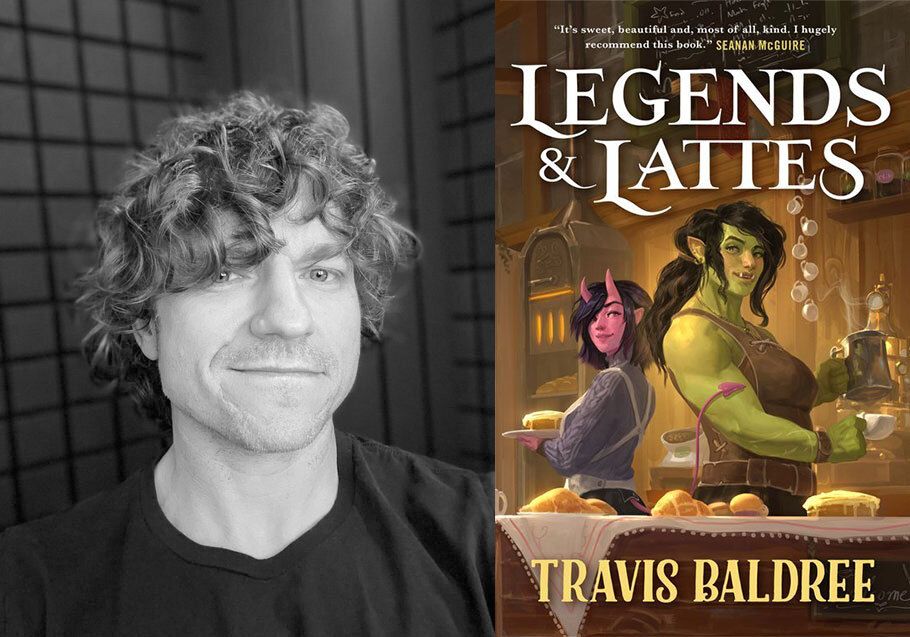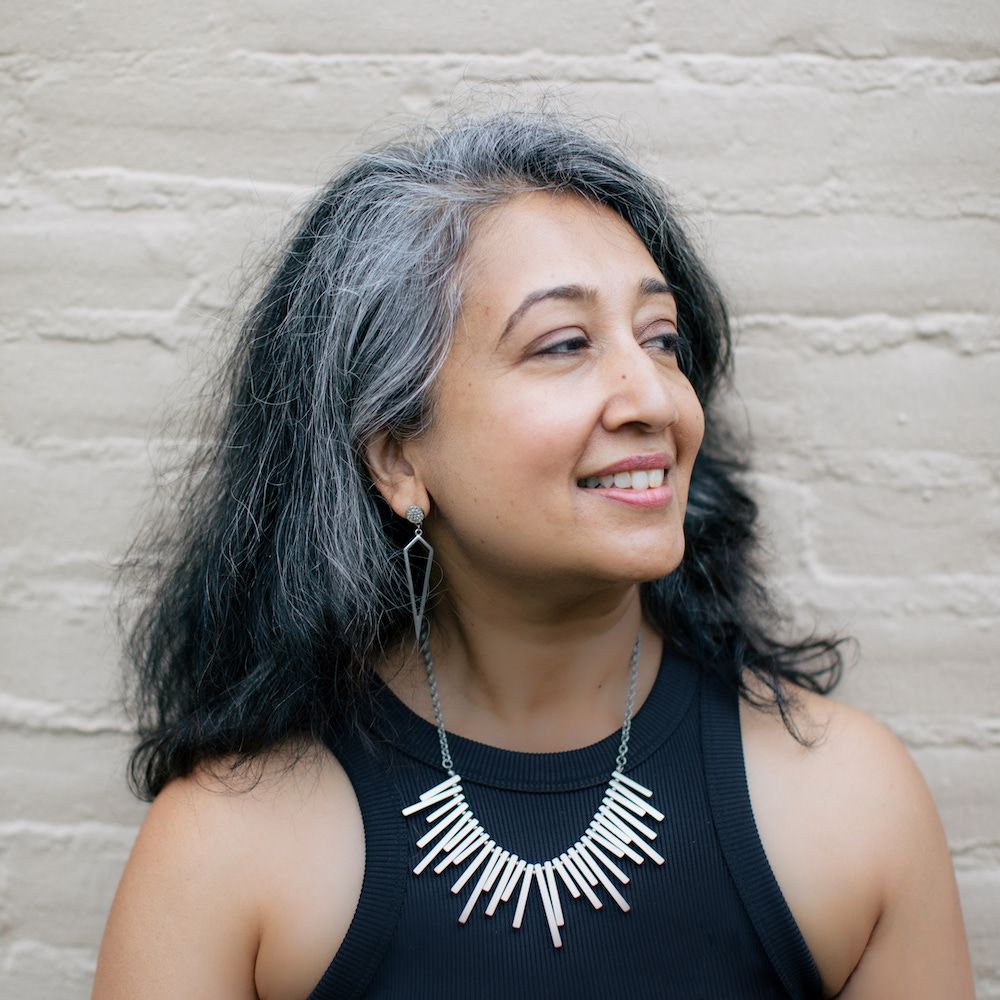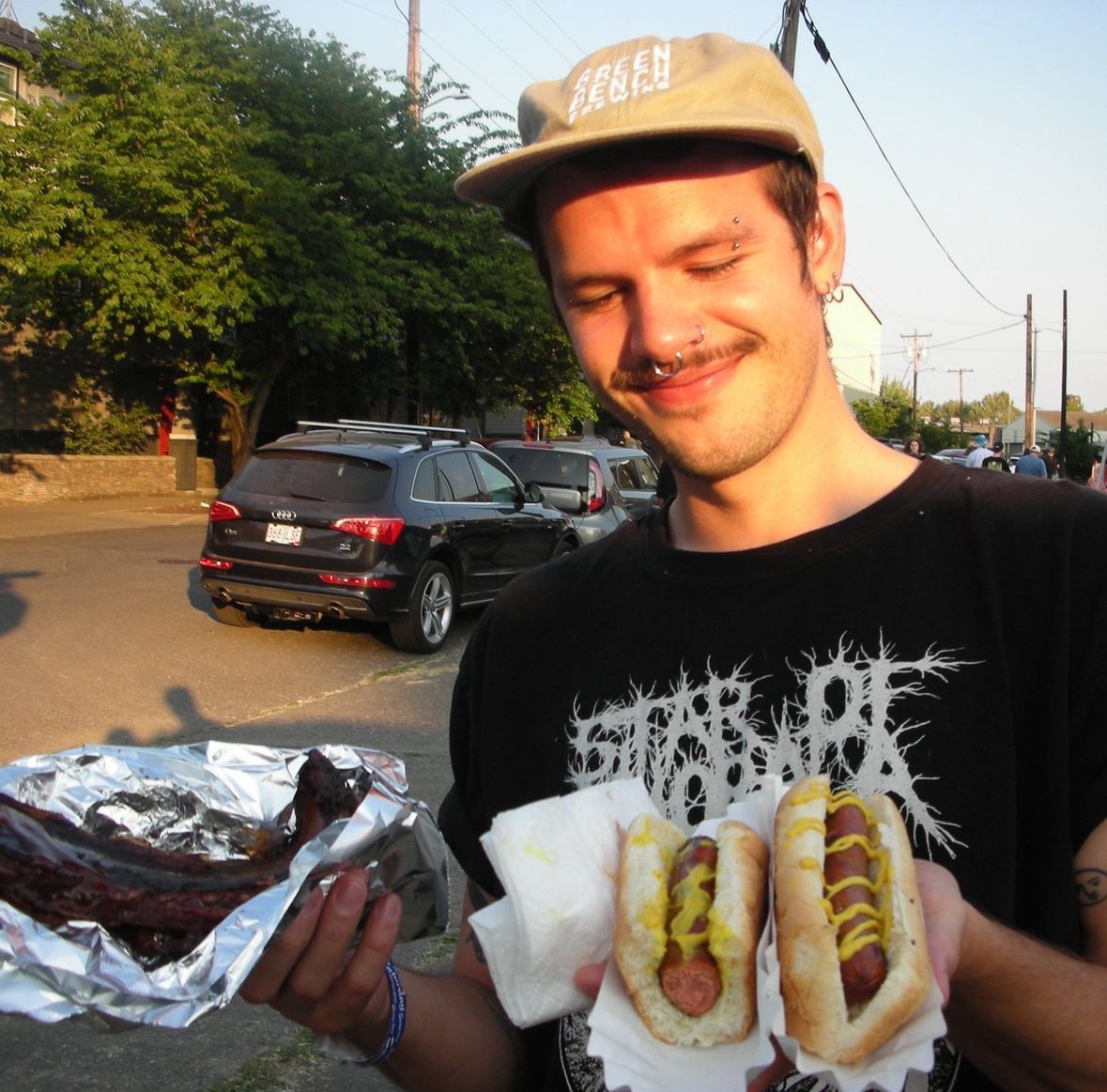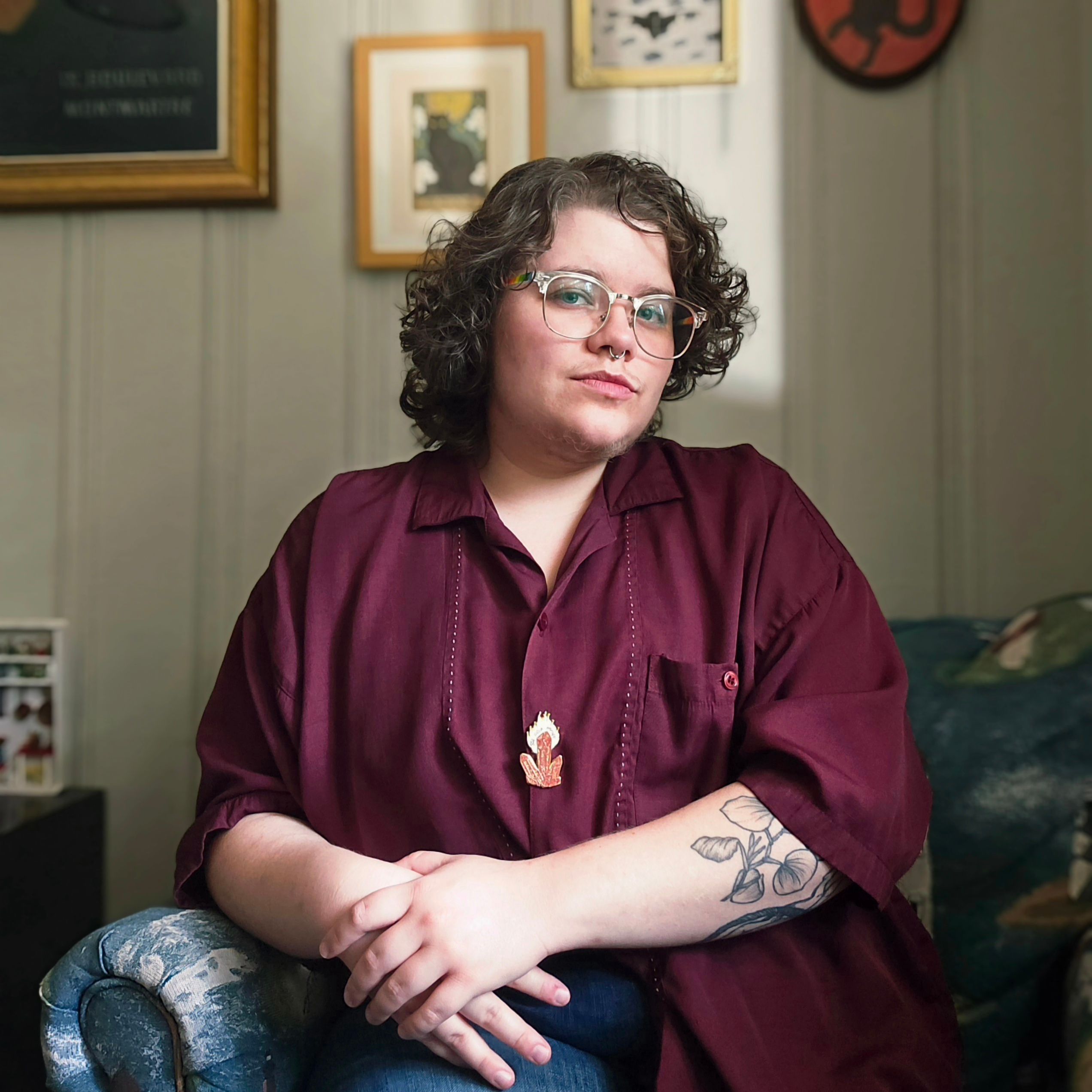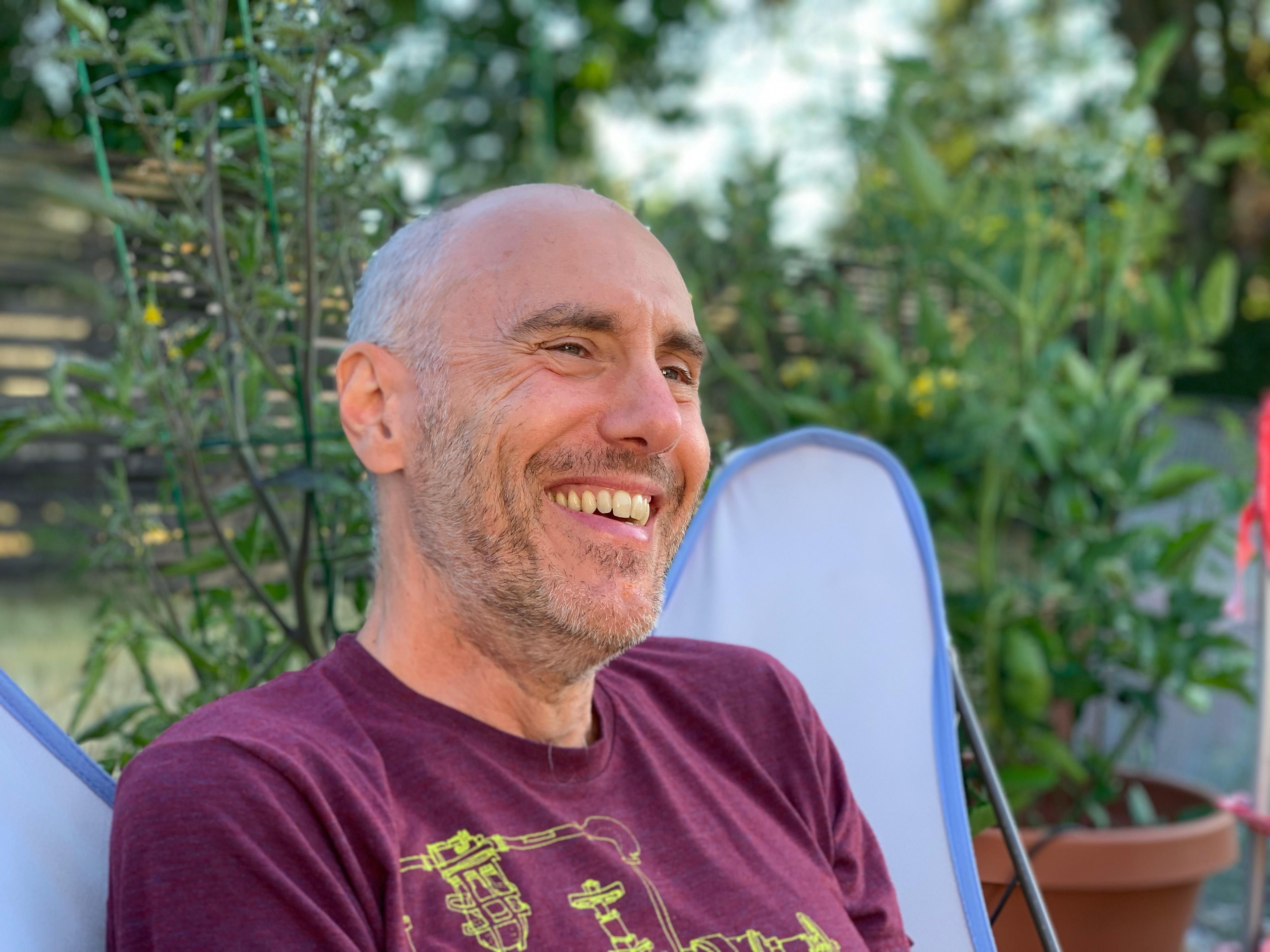Elena Aponte: Can you talk about the process you went through from a NaNoWriMo manuscript to a book deal with Tor?
Travis Baldree: Initially I self-published just because I wanted to go through the process. After completing the book for NaNo '21, I did my own edit, and then bartered another full professional edit from an author I work with who has an editorial background. During that time I commissioned artwork for the cover, and then did the initial cover and jacket layout. I enjoyed learning all the editorial and publishing errata, and formatted it for print and eBook, and then recorded the audiobook.
Once I had final cover art, I posted it on Twitter and there was a huge response, in part thanks to [Middlegame author]Seanan McGuire's boosting of it. The indie launch went anomalously well, and was further boosted by booksellers, because I made the paperback available through IngramSpark for brick & mortar.
After that, three agents approached me about taking it traditional, and I thought... well, why not? I have a unique opportunity to see things from both sides, and I never expected anything to begin with.
After choosing an agent (the amazing Stevie Finegan, of Zeno UK), within a few days there was an offer on the table from Tor UK. Tor US picked up the international rights for the US. I've really loved working with Tor and my apprehension about giving up control has mostly evaporated. Yes, things are slower, but it's been a really wonderful, collaborative relationship, and I don't regret it at all.
EA: What are some of your inspirations for the novel? I sense a lot of Pratchett and Gaiman here, but that could just be me!
TB: I'm sure it's a great big mulch of all the things I have loved. There is definitely some Pratchett, and the joy of anachronism, and stories about everyday folk with the trappings of fantasy. I'm sure there's some Gaiman buried in there, too. As an audiobook narrator, I've also really clarified my own taste by reading out loud hundreds of books with just as many approaches to prose and story, which does a lot to crystallize exactly what I, as a reader, enjoy most.
EA: What made you want to write a "cozy" in the beginning, and how did you balance the tension of the plot with the escapism cozy books usually provide?
TB: I narrate so much action-adventure, high-stakes fiction, that I wanted the opposite of that, with some of the same genre conventions. I very occasionally get sweet fantasy romance to narrate, and I really enjoy it. I thought [the novel] was going to be more joking in tone, but then it ended up being written in earnest, with a lot more of me in it than I anticipated.
As far as tension, mostly what I want in a book is a lot of questions that I need to have answered at different scales of time. Big, overarching questions, questions on a medium term, and then at the scene, or even paragraph level. The more questions are asked and satisfied, the happier I am as a reader. Also, I'm not a big fan of superfluous detail. I like lean prose that is always accomplishing something. Dialogue that always reveals character or something important. I think in combination, those tend to keep a story ticking along for me, regardless of the scale of the conflict or stakes.
EA: When I was first learning how to be a writer, there was a debate about genre in the literary scene. That "real writing" was separate from Science Fiction or Fantasy writing. Do you think this is still the case in the publishing world now?
TB: I think it doesn't matter. I think any story can speak to the human condition, and can let us understand ourselves and our fellow humans better. The heart of a story is the heart of a story, regardless of genre. I'm content not to care about the distinctions people try to make as long as I can write and read stories that I love that speak to me.
EA: Are many fans and readers people who never read Fantasy?
TB: Definitely - there is a lot of crossover, some from romance, some from readers who just want something that leaves them feeling better than when they started. I've seen plenty of comments from readers who have said "I'd normally never pick up a book with a cover like this, but my friend insisted, so..."I'm still surprised!
EA: Viv and Tandry are non-human and queer-coded characters. They also have a realistic, tender relationship that builds over time. As a writer, how cognizant were you of veering from the more "traditional" human straight couple while you were writing? It seems significant and also important that all of the characters are non-human. I'm a fan of the found family trope as well, and it's rendered perfectly in this novel—what is appealing about writing characters that aren't part of the status quo?
TB: Initially my plan for both of them was that they would simply build a supportive, essential friendship, and that Viv's recognition of the value of that relationship was key to her new life. That strengthened over the course of the story, and became what it is now, and it felt inevitable to me. It isn't a romance, really - it's a friendship that evolved into something more. The book is largely about quiet acts of bravery that don't involve a sword - and the leap from friendship to romantic relationship was one of Viv's last brave acts. The kind of risk that most of us can relate to.
Almost every element of the book is a subversion of standard fantasy and story tropes - from Viv as a main character, to a stable becoming a coffee shop, to the Rattkin as a baker. I wanted a book about the value of everybody.
EA: Whenever I play Dungeons & Dragons, I'm usually a Ranger or Rouge class, mostly so I can eventually talk to animals. What is your preferred class and why?
TB: This is terrible, but I haven't played ACTUAL D&D since high school. I never found a group, and work and parenthood always made it complicated! I've played tons of digital D&D (Baldur's Gate, Neverwinter Nights, and on and on), and I made lots of D&D adjacent games (Torchlight, Fate), so I've always been immersed in it. I've read the manuals more than I've played!
As a result - I'm all about the PARTY - which I guess makes sense, given that what I write also seems to be about the group, and not so much the individual.
